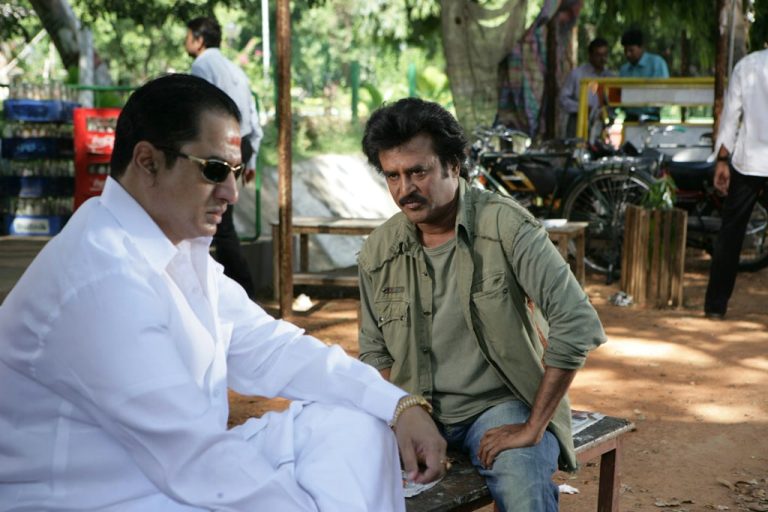
Understanding these perceptions is crucial for healthcare providers and policymakers to tailor interventions and support systems that resonate with the local population’s beliefs and practices. This case study delves into the cultural and social perspectives surrounding pre pregnancy care Malaysia.
Objective:
The primary objective of this case study is to explore how cultural and social factors influence perceptions of pre-pregnancy care among Malaysians. By examining cultural norms, societal expectations, and individual beliefs, we aim to uncover insights that can inform the development of culturally sensitive preconception care programs and initiatives.
Methodology:
Data collection for this study involved a mixed-methods approach, combining qualitative and quantitative techniques to capture a holistic understanding of pre-pregnancy care perceptions in Malaysia. Qualitative methods, including in-depth interviews and focus group discussions, were utilized to explore personal narratives, cultural beliefs, and social dynamics surrounding reproductive health. Concurrently, quantitative surveys were administered to gather data on demographic characteristics, access to healthcare services, and attitudes towards preconception care.
Findings:
- Cultural Beliefs and Practices:
Traditional cultural beliefs play a significant role in shaping attitudes towards pre-pregnancy care. Practices such as seeking blessings from elders, adhering to dietary restrictions, and performing religious rituals are deeply ingrained in Malaysian culture and may influence decisions related to preconception health.

- Social Stigma and Taboos:
Discussions surrounding pre-pregnancy care and reproductive health may be hindered by social stigma and taboos, particularly in conservative communities. Topics such as contraception, fertility issues, and sexually transmitted infections (STIs) may be considered taboo or sensitive, leading to reluctance in seeking information or support.
- Access to Healthcare Services:
Socioeconomic factors, including income level, education, and geographic location, impact access to pre-pregnancy care services. Rural communities and marginalized populations may face barriers such as limited healthcare infrastructure, financial constraints, and lack of awareness about available services.
- Family Dynamics and Support Systems:
Family plays a central role in Malaysian society, and decisions regarding pre-pregnancy care are often influenced by familial expectations and support networks. The involvement of family members, particularly elders and in-laws, can shape perceptions of what constitutes appropriate preconception health practices.
Bottom Line
Cultural and social perceptions significantly influence attitudes towards pre-pregnancy care Malaysia. Healthcare interventions and policies must take into account the cultural diversity and societal norms prevalent in the country to effectively promote preconception health and improve maternal and child outcomes. By fostering culturally sensitive approaches, healthcare providers and policymakers can empower individuals and communities to make informed decisions about their reproductive health and well-being.







